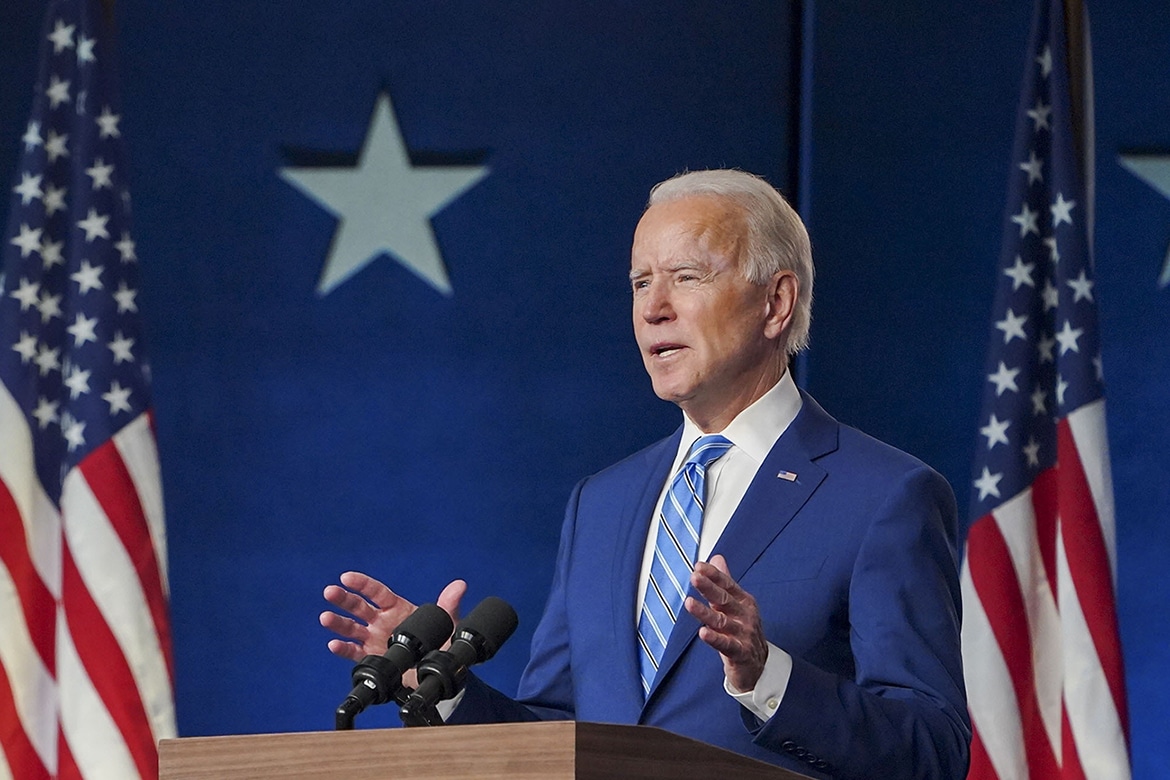Taking strong interest in blockchain, cryptocurrencies, and IoT, Tatsiana Yablonskaya got deep understanding of the emerging techs believing in their potential to drive the future.
The blockchain has attracted attention of the British government that is planning to leverage the technology in the distribution of taypayers’ money such as grants and loan payments. The blockchain has a great potential as a verified decentralised ledger that can be used for information storage and assets exchange. The technology is already studied by multiple financial institutions that started digging in after they got understanding of the whole range of benefits the blockchain can bring.
Blockchain as a Way to Control Distribution of Public Money and Loan Payments
According to cabinet office minister Matt Hancock, the UK government is now taking a close look at the blockchain in order to “foster a new culture of trust” and get a better control over the distribution of public money, such as grants and student loans payments.
“The government cannot bury its head in the sand and ignore new technologies as they emerge,” said Hancock at a blockchain networking event in London. “That is partly what happened in the past in government with the web … We cannot let (that) happen again by standing still.”
How can the government use #blockchain? Follow #LetsTalkBlockchain🔗 & @gdsteam for updates from the event https://t.co/eAyAh3ojVX
— Cabinet Office (@cabinetofficeuk) April 26, 2016
The blockchain can give a possibility to exonerate one central authority from full responsibility. It is more than one person state: ‘I say this data is correct’. It is the distributed consensus of everyone in the chain, saying in unison: ‘we agree that this data is correct’. The error rate in both cases is rather obvious.
Hancock admits that blockchain isn’t a universal solution. But the UK government is now fixing on two key spheres where the technology can do much good. The first one is student finance, where “the Student Loans Company can track loan payments all the way from Treasury to a student’s bank account”. The second area is Department for International Development tracking money right up to the aid organization spending the country abroad.
UK Supports Blockchain
The UK Financial Conduct Authority (FCA) once expressed its support of the blockchain when it decided not to regulate the blockchain sector at the moment. It believes that the technology will continue growing.
During a speech at the London Fintech Week, Christopher Woolard, the director of strategy and competition at the FCA, noted that in view of the ongoing growth of the bitcoin technology, it’s necessary to address such issues as regulation and data security.
“For example, how individuals gain access to a distributed network and who controls this process, along with what data security exists for users are vital considerations for us as a regulator,” Woolard said. “The FCA continues to monitor the development of this technology but is yet to take a stance until its application is clearer.”
The UK is known for its progressive views concerning the digital currency and other developments in the financial sector. The government intends to motivate new startups create innovative ideas that will help to enhance the industry.
“The current development of distributed ledger technology has the potential to revolutionise financial services; whether it is the panacea of all ills in the financial world is yet to be seen,” Woolard noted.





